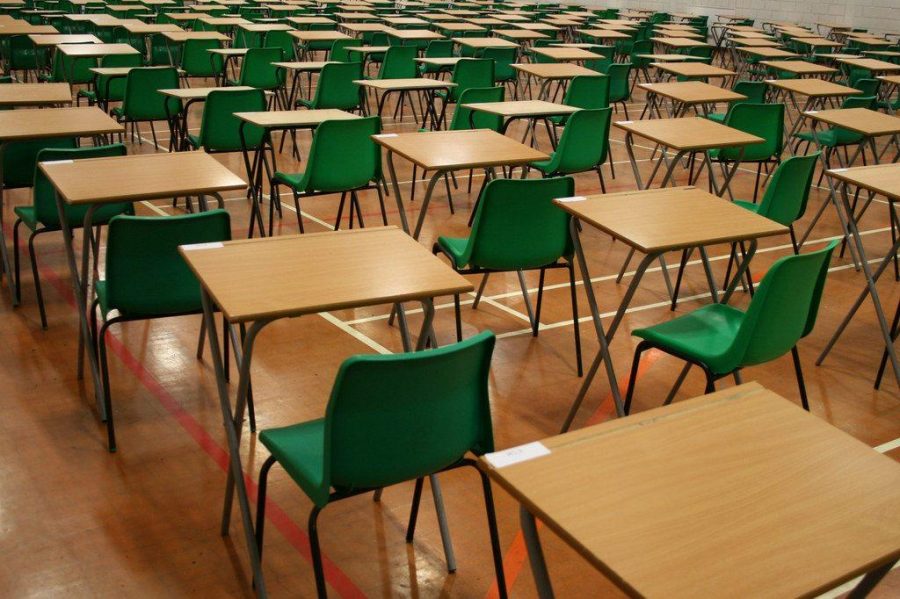In the award-winning short film, “How Society Crush Dreams and Kill Creativity,” a father and a child go about their daily lives of education and employment — a life we all know well. Their backpacks and briefcases are filled with books, they walk into school and work and do their daily tasks. The child, full of creativity and spirit, does his homework and assignments differently than the teacher would like him to. As a result, he is asked to redo his assignments until he does it just like the other students: the correct way. Overtime, the father notices the child’s loss of joy and creativity and watches him mold into the typical student. The child’s smile disappears though his homework assignments begin to improve according to the teacher’s standards.
When we think back on the education we received as children, specifically in the United States, I’m sure we all remember parent-teacher conferences. When sitting down with the teacher, we were told where we ranked in the class in comparison to everyone else, either well or poorly. We were told where our education level was based on the school system’s idea of what a successful student should be able to do at that age. Our education was based on numbers and tests.
If what I just stated didn’t shock you, read the previous paragraph again. The phrases “in comparison to everyone else,” “school system’s idea of a successful student” and “education based off of numbers and tests,” should stick out this time.
If the student was multilingual, that didn’t matter on his test scores. If the child was learning how to play two instruments at an impressively fast pace, that was overlooked. If the student could name every dinosaur by 6 years old, it meant nothing. According to a clock timed reading test, they were too slow. According to a state exam, they were below average in mathematics. Based on numbers, scores and universal standards they were behind.
We have allowed our society to do this to us and our children — base our intelligence on a piece of paper and a stopwatch. Think of high school and the timed ACT that determines our future college decisions and scholarship applications. We fail to see that education and knowledge are not strictly determined by our exam scores. Education is more than that. It’s creativity. It’s thinking outside of the box to come to different solutions. It’s being different than the rest and daring to try something new.
Bill Beattie, an Australian Politician, once said, “The aim of education should be to teach us rather how to think, than what to think — rather to improve our minds, so as to enable us to think for ourselves, than to load the memory with thoughts of other men.”
No one child learns the same way as another. We are all on different speeds and tracks and have different strengths. Education is more than what is taught in the classroom. It’s more than numbers on a paper. Those are important, don’t get me wrong, but creativity to think and act for one’s self is just as important, if not more. No successful individual reached success by being like everyone else.
Albert Einstein said, “Education is what remains after one has forgotten what one has learned in school.”
Steve Jobs, who never received a college degree, said, “Your time is limited, so don’t waste it living someone else’s life. Don’t be trapped by dogma – which is living with the results of other people’s thinking. Don’t let the noise of others’ opinions drown out your own inner voice. And most important, have the courage to follow your heart and intuition. They somehow already know what you truly want to become. Everything else is secondary.”
@TheChrony


